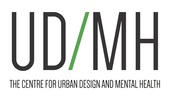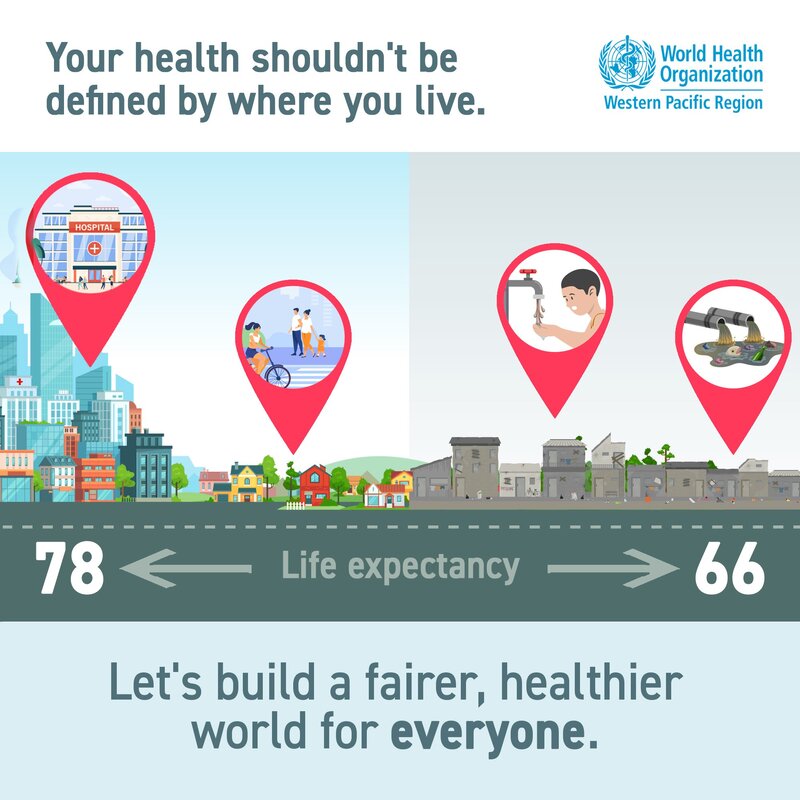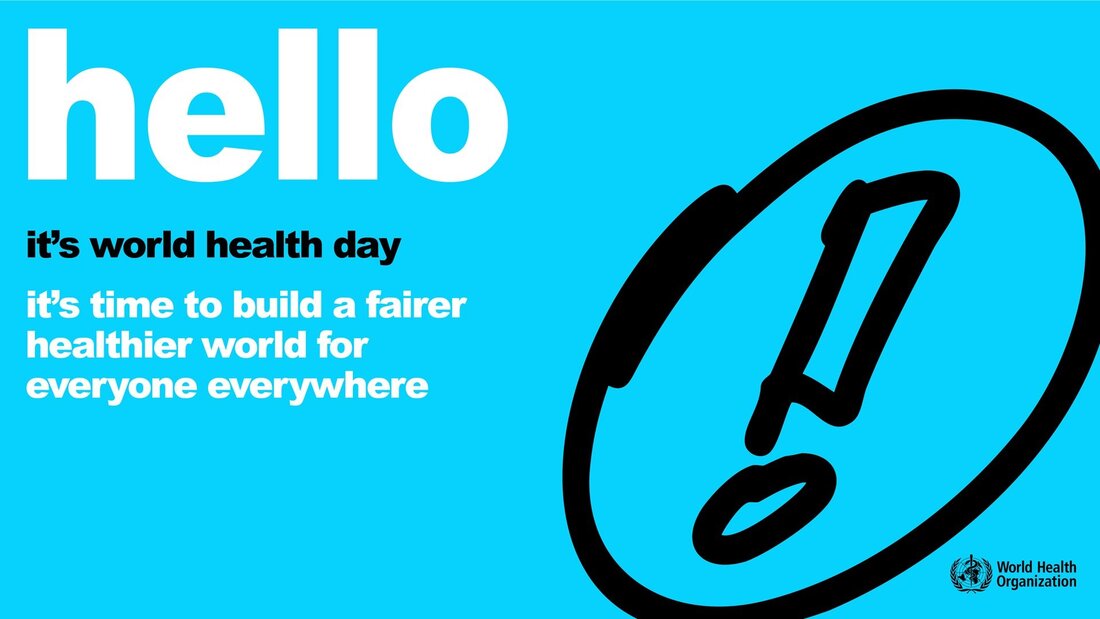|
Yuelin Ge, UD/MH research associate The theme for World Health Day 2021 is building a fairer, healthier world for everyone. At the Centre for Urban Design and Mental Health, today is an important celebration and reminder of the ways in which we can take this theme literally. There is no health without mental health - and inequities can exacerbate mental health problems. Our Mind the GAPS framework helps explain how the planning and designing of our cities has an important role to play in promoting and supporting our mental health. As World Health Day calls for action to eliminate health inequities and create a fairer, healthier world, we hope that citymakers, urban planners, designers, managers and developers Mind the GAPS when creating healthier cities of the future. Mind the GAPS means designing Green (and other natural) places, and places that facilitate physical Activity, Pro-social (postive, safe, natural) interaction between people in a community, and Safety of all types. In this year of Covid-19, and with World Health Day 2021 shining a light on health inequities, what are some of the implications for 'minding the GAPS'? Green Places: Studies have shown that access to natural settings in neighbourhoods and within people’s daily routines can help improve and maintain mental health and wellbeing. During the pandemic, many people have gravitated to gardens and parks and other green spaces. The restrictions of movement associated with the pandemic in many cities has shown that people's local access to these natural settings is not equal - and this variation can in turn exacerbate health inequalities. Taken a step further, this means asking during community engagement processes (such as meetings and surveys), who is being included/excluded in their ability to access green spaces? With significant projected growth of people and jobs filling our urban centres, are we developing metrics to measure, build and maintain green spaces for all? Active Places: Inequities in access to safe, attractive places to exercise has also been highlighted by people's experiences during the pandemic, and with reduced commuting and other movements around many cities due to restrictions, embedding regular, positive activity (like walking or cycling to work) has been more constrained for some. How do we create or provide for spaces that can integrate exercise, social interactions and a sense of agency across the physical and digital realm? Pro-Social Places: At UD/MH, we believe urban planning and design has the capacity to facilitate positive, safe and natural interactions to promote a sense of community, integration and belonging which are important to mental health and health as a whole. Are we doing a good enough job in creating interesting and flexible public spaces that involve the full diversity of citizens at each stage of design and development? Look to our recently published sixth edition journal, Edition 6: COVID City, for more insights. Safe Places: Pre-Covid, when we spoke about safety, we focused on a range of urban dangers like crime, traffic, air pollution, and wayfinding (so that people with dementia could navigate their cities without becoming disorientated). This includes building more people-centric design, especially for vulnerable groups, appropriate street lighting, critically looking at the regulatory and zoning tools in place that produce disproportionate impacts of environmental pollutants, age-friendly tactical urbanism and more. A sense of safety and security has, however, been more pronounced this past year. The Covid-19 pandemic has brought focus to an additional urban safety risk: transmission of infection. Previous urban infrastructure that incorporated crowding and may have had limited ventilation has become problematic. The time for resting on the sidelines is over, and a safe environment is the responsibility of all citymakers. For World Health Day, UD/MH is calling for people involved in city planning and design to help create equitable health outcomes for all through minding the GAPS. #mindthegaps #udmh #worldhealthday
506 Comments
|
Archives |



 RSS Feed
RSS Feed